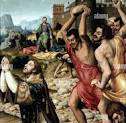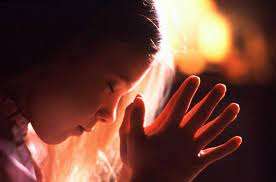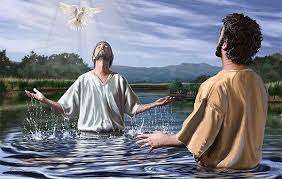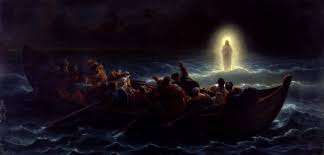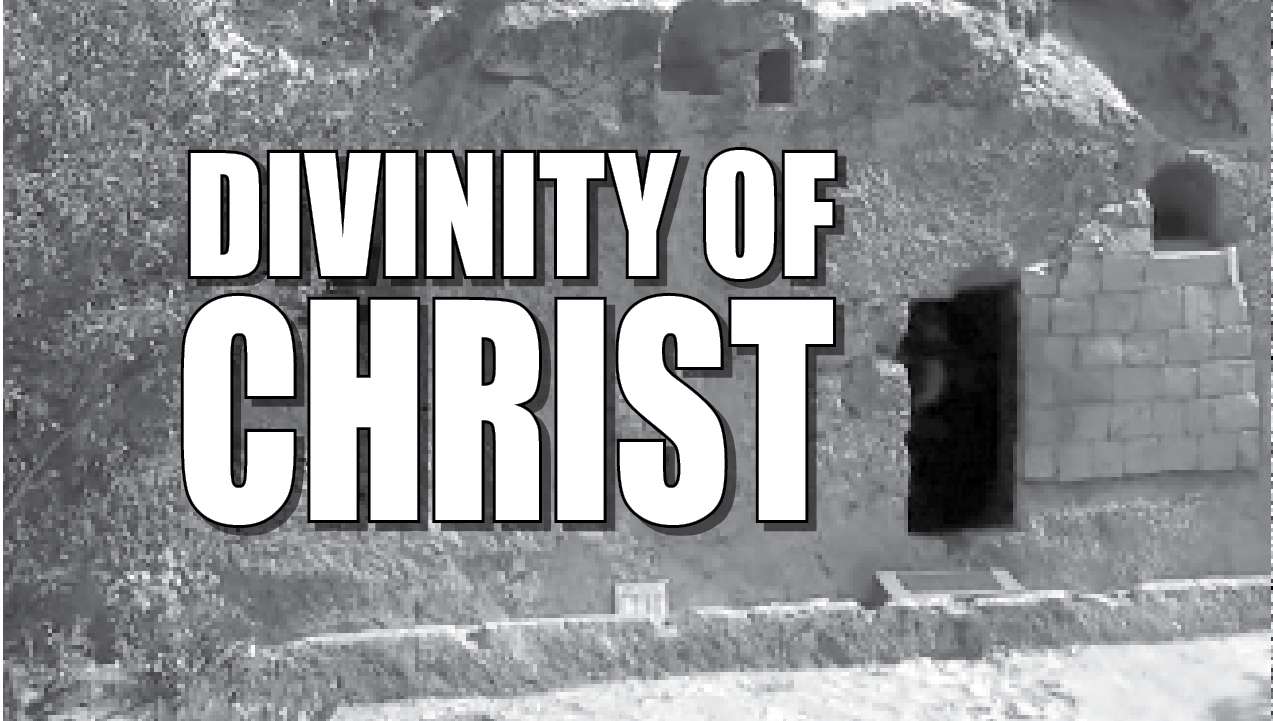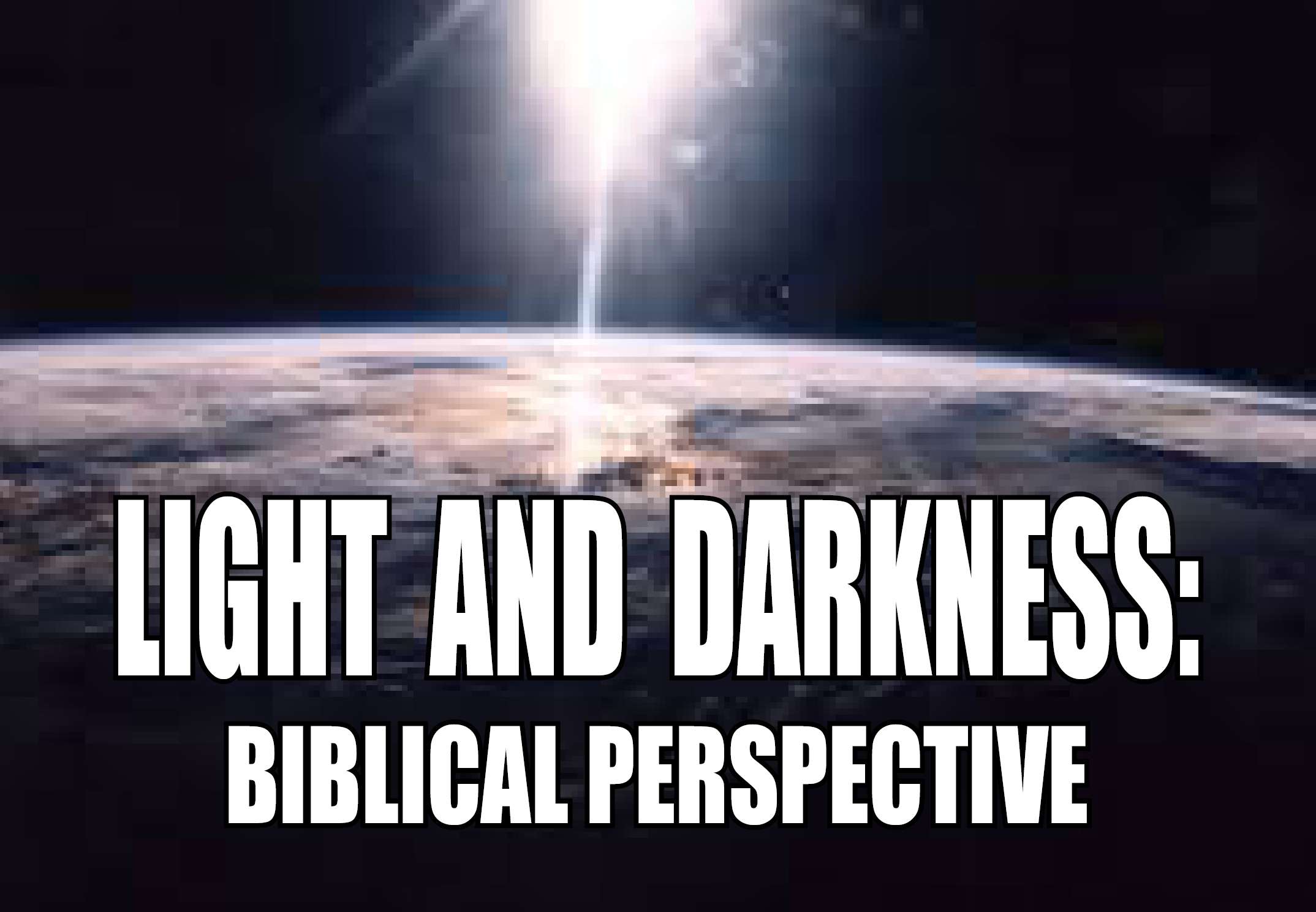

Light and Darkness: Biblical Perspective
Pr. K. A. John
The Bible uses the words light and darkness in different meanings. They are natural phenomena and used in symbolic or metaphorical meanings
The contrast of light and darkness is common in the Bible, contrast between good and evil, God and evil forces, believers and unbelievers
In the spiritual realm, light represents life. God is light, and He gives life. On the other hand darkness represents Satan the Devil. He is "the prince of darkness. Darkness evokes everything that is anti-God: the wicked (Prov. 2:13), judgment (Exod. 10:21), death (Psalm 88:12). While light is used metaphorically for life (Psalm 56:13), salvation (Isa. 9:2), the commandments (Prov. 6:23), and the divine presence of God (Exod. 10:23)
The importance of light and darkness is dramatically presented in the opening sentences of the biblical record. In response to the darkness that was over the surface of the deep (Gen. 1:2), God spoke and light came into being. Light is the first of the Creator's works, manifesting the divine operation in a world that is darkness and chaos. In the first creative act, "God saw that the light was good" (Gen. 1:3).
Throughout the Bible light is regularly associated with God and his word, with salvation, with goodness, with truth, with life.
Light is the revelation of God's love in Jesus Christ and the penetration of that love into lives darkened by sin (1 John 1:5-7). Jesus declares that he is "the light of the world" (John 8:12; 9:5). Jesus is the incarnate Word of God, who has come as the light that enlightens all people (John 1:4-14), so that those believing in him will no longer be in darkness (12:46).
Light possesses powers essential to true life. Hence "to be in the light" means simply "to live" both life eternal and life temporal. The one who has come into the light of Jesus Christ is brought into the ethical life characterized by light (1 Thess. 5:5; 1 Peter 2:9). The godly person enjoys the light of life in the present age (1 Jn. 2:10). Paul intentionally contrasts the old life in darkness with new life in the light in Christ Jesus (Eph. 4:17-24). Although Satan can disguise himself as "an angel of light, " Christians live in the true light of salvation, laying aside the deeds of darkness and putting on the protective "armor of light" (Rom. 13:12). The revealed will of God provides light to the heart, soul, and mind of humanity, providing guidance in a dark world (Psalm 19:7-10; Psalms 119:105 Psalms 119:130). A stark contrast will characterize the old life and the new: "For once you were darkness, but now in the Lord you are light. Live as children of light for the fruit of the light is found in all that is good and right and true" (Eph. 5:8-9). The truly Christian life is a life of light.
What does Jesus mean by light? Jesus also calls Himself "the light of the world." John calls Him "the life that is the light of men," "the light that shines in the darkness" (John 1:4-5). The light in us is His light, the indwelling Christ, the Holy Spirit within us. The apostle Paul speaks of "the light of the gospel of the glory of Christ" (2 Corinthians 4:4). We have that light shining through our lives if our actions reflect the nature of Christ-His love, compassion, and forgiveness. His light shines through our attitudes, words, and deeds.
The New Testament describes the future of the ungodly in terms of eschatological darkness, symbolizing perdition, they equally describe the future glory for believers in terms of light. In the New Jerusalem there will be no more night (Rev. 22:5), and the city will not need the sun, moon, or created light to shine on it, "for the glory of God gives it light, and the Lamb is its lamp. The nations will walk by its light" (Rev. 21:23-24). The prophetic word of God is what brings hope of the light yet to come, and Peter provides an appropriate admonition: "You will do well to pay attention to it, as to a light shining in a dark place, until the day dawns and the morning star rises in you hearts" (2 Peter 1:19). At the future appearing of the Lord Jesus Christ all darkness will be dispelled, and believers will walk in purity, peace, and joy in the light of the living God.
Darkness is used figuratively in the bible to characterize those people that do not follow God or have fallen away from His righteousness. God wants us to be righteous and obedient to His word. He wants us to stay out of the darkness and follow Him
Darkness in in the bible connotes everything that is anti-God: the wicked, judgment (Exo. 10:21; Matt 25:30), and death (Psalm 88:12). God also uses darkness to represent His divine judgment. Mathew 8:12 But the sons of the kingdom will be cast out into outer darkness. There will be weeping and gnashing of teeth.”
The biblical view of darkness and light offers a unique contrast. There is no thought that darkness is equal in power to God's light.The absolute, sovereign God rules over the darkness and the powers of evil, God knows the darkness, He knows where it is (Job 34:22) and what it contains (Dan. 2:22). Finally, God rules over the darkness eschatologically. The time of God's ultimate judgment, the day of the Lord, is portrayed as a day of darkness (Joel 2:2; Matt 24:29; Rev. 6:12-17). Final Darkness describe the future of the ungodly in terms of eschatological darkness, symbolizing perdition (1 Sam. 2:9; Matt. 22:13; Jude 12-13). "Hell" and "pits of darkness" describe the fate of angels who sinned (2 Peter 2:4; Jude 6). But for believers darkness will be dispelled by the presence of the light of the glory of God (Rev. 21:23-24; 22:5). It is only through the light of God in Jesus Christ darkness can be dispelled.
It is against this background the emphasis on darkness in the crucifixion scene may be understood. Luke records, "it was now about the sixth hour, and darkness came over the whole land until the ninth hour, for the sun stopped shining. And the curtain of the temple was torn in two" (23:44-45). While darkness often accompanies the conception of death in Scripture (cf. Job 10:21-22), darkness at the crucifixion scene displays God's displeasure on humankind for crucifying his son. It also indicates God's judgment on evil. But the torn curtain exhibits the opening of salvation to all through the death of God's Son.
Light and truth are linked together. Ps.43:3. Eph.5.10. the fruits of light are Goodness, righteousness and truth.Walk in the light is walk in the truth. It is not perfection. It is truthfulness and honesty.
He delivered us form the darkness. God has delivered us from the dominion of darkness. Our salvation involves not only forgiveness of sin, but deliverance from the darkness. Not the future deliverance that is going to be in eternity, but something that is already taking place, he has delivered us form the authority of darkness. He has brought to the kingdom of light. We have nothing to do with darkness.
The Lord, our God, lights up our darkness” (Ps. 18:28). God does not intend to leave people in darkness, but seeks to light up the darkness of this world. The Christmas story is about God breaking into the darkness with the light. Sin is exposed, death is overcome, brokenness is healed and new life is experienced. As Isaiah described it, “The people who walked in darkness have seen a great light; those who lived in a land of deep darkness-on them light has shined.” When God arrives, creation is renewed and people are valued and made whole.
Light is going to be the permanent dwelling place of us. So there will not be any dark area in us, we have to make all attempt to get rid of every type of darkness in any area of our life. Our calling is to live in light. Our eternal home is light.

